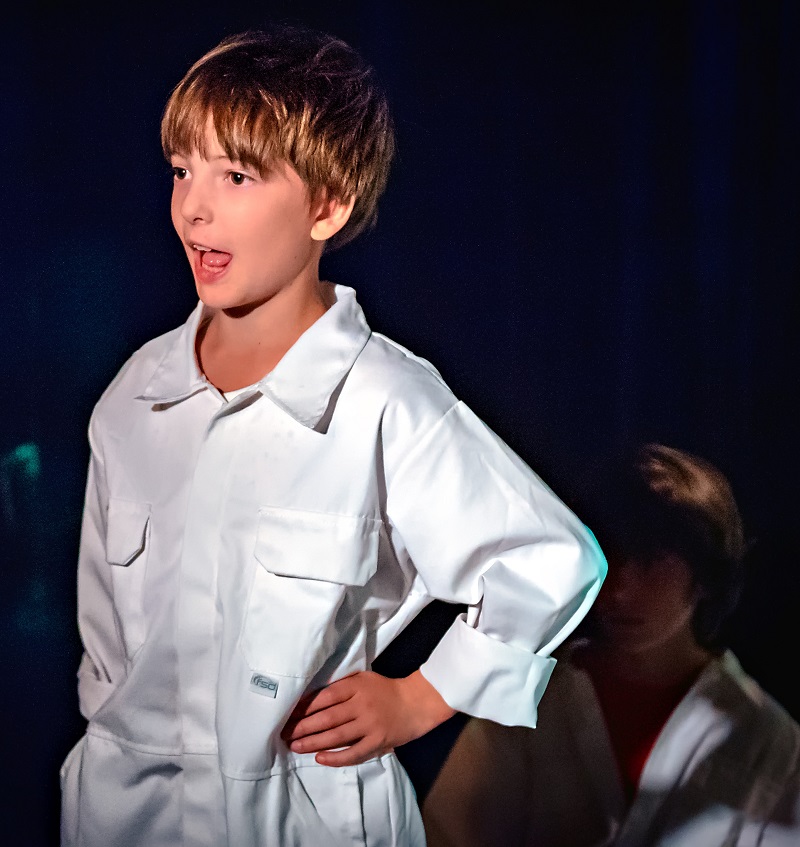
Multi-level Arts Award: integrating Explore, Bronze & Silver
BY: Guest Writer
21 Jan 2019
This summer 58 young people working with Harrogate Theatre successfully achieved Explore, Bronze or Silver Arts Award. Arts Award was embedded into their work with children and young people in schools through; one off workshops, after school drama clubs, as part of their youth theatre offer and to work experience participants. Head of Education Hannah Draper tells us how they integrated three different Arts Award levels into their existing education offer.
Introducing our approachHarrogate Theatre use Arts Award to acknowledge young people’s achievement in theatre activities. We particularly like the way the award encourages young people to think critically about developing their arts practice and provides a framework for them to lead arts activities.
We are a department of two full time staff, both trained Arts Award advisers, and a number of freelance practitioners. Our freelance staff are aware of those in their groups undertaking Arts Award and provide feedback and evidence for portfolios. Explore is planned into the structure of the term, along with leadership opportunities for assistants undertaking Bronze and Silver. Performances in our youth theatre programme support Part A of Bronze and Silver and other parts of the award are discussed at regular one to one meetings with an adviser, supported by a spreadsheet tracking progress of all those taking part.
Linking leadership to existing activities – Bronze and SilverHarrogate Youth Theatre runs from age three to 18. Senior youth theatre members volunteer with the younger age groups as Youth Theatre Assistants. This role gives them the opportunity to shadow a member of staff and learn how to facilitate a drama workshop. Each week they reflect on what they have learnt from working with the workshop leader, such as observing a way of dealing with challenging behaviour or a different approach to explaining an activity. This reflection helps them discover what makes a good leader. As their confidence and experience builds they begin to lead warm up activities, anything from a call and response song or warming up voices, to a competitive game of Zip Zap Boing to get brains going. In the final week of term, they lead 10 minutes of activity for Part D of their Bronze Arts Award. Afterwards, both the group and workshop leader provide feedback on the delivery, to help with reflection on how the activity went.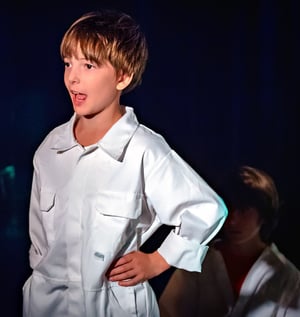
At Silver we follow a similar pattern but young people lead 30 – 60 minutes of activity. If the younger group are doing their Explore award, the Silver candidate may lead a workshop on a type of theatre skill that the group haven’t done before. This can support Part A of Explore, or it might facilitate a rehearsal to support Part C.
This is the most successful way that we deliver leadership. It doesn’t require any extra effort from the staff team as we need volunteers to support workshop delivery, and it’s a clear way of providing valuable training opportunities - so it’s a win-win situation. We find that the leadership is delivered to a higher standard when young people have assisted a workshop leader, as participants can model the workshop leader’s approach.
Building on an established partnership – ExploreThis summer we achieved a high number of Explore awards by offering it to our nine – 11 years youth theatre classes and piloting it with a local primary school, who are partners in our after-school club programme. Both groups performed a short play at the end of term in our Studio Theatre. Terms are usually ten weeks long, for an hour each week. To incorporate Explore, we built in an additional three hours’ contact time for young people to complete their logs, annotate photos and meet an artist. Our practitioners are also trained Arts Award Advisers so they took time to assess the logs. To make this as simple as possible we created our own workbooks so the advisers knew where to look for evidence each time. This meant it was easy to see if content was missing and there were prompt questions to encourage any participants who needed additional support. Parents also enjoyed looking through portfolios to see the processes their children had made to create the final performance – something we hadn’t had chance to share before. We also had a recently qualified Arts Award adviser at school, who was invaluable in offering extra support to children in making sure logs were complete and parents had given feedback too.
We found that Arts Award Explore encouraged the cohort to think critically about their personal artistic development in a way that we hadn’t seen before. It developed greater self-awareness in young people of the importance of their own role within the performance. The most challenging aspect of the Explore portfolios was printing, cutting and sticking of the photos to evidence each child’s artistic development. It’s a challenge we want to tackle next time!
How Arts Award benefits our offerThere is no getting away from the fact that checking portfolios and arranging one to one meetings takes time, but we value the benefits Arts Award brings to the young people we work with. Young people form closer links with the Education department and Harrogate Theatre as a whole, they develop critical thinking and leadership skills while being rewarded for their engagement, effort and participation.
Find out how other theatres have delivered Arts Award in previous blog posts.
Related posts
BY: Alan Lynch

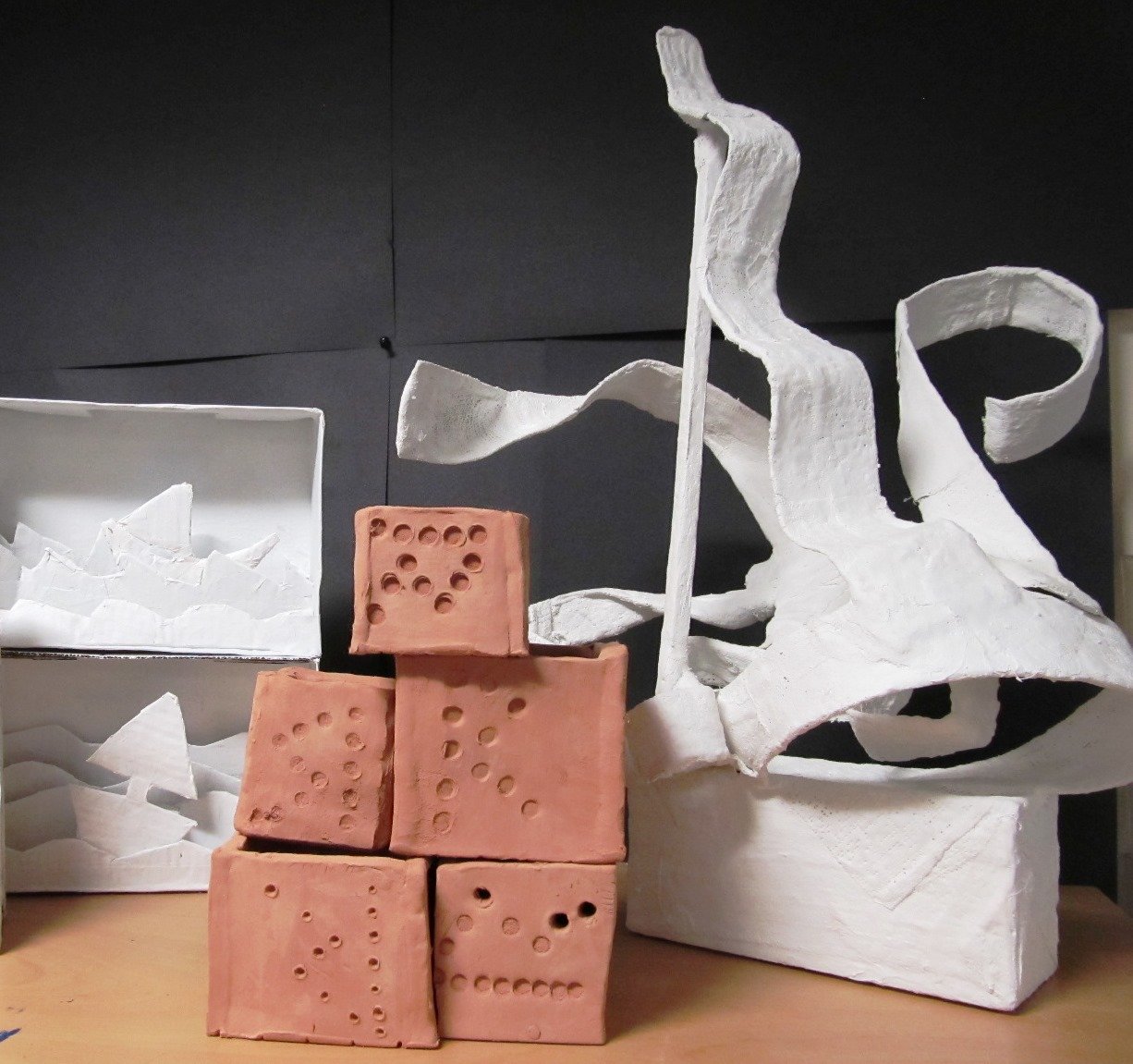
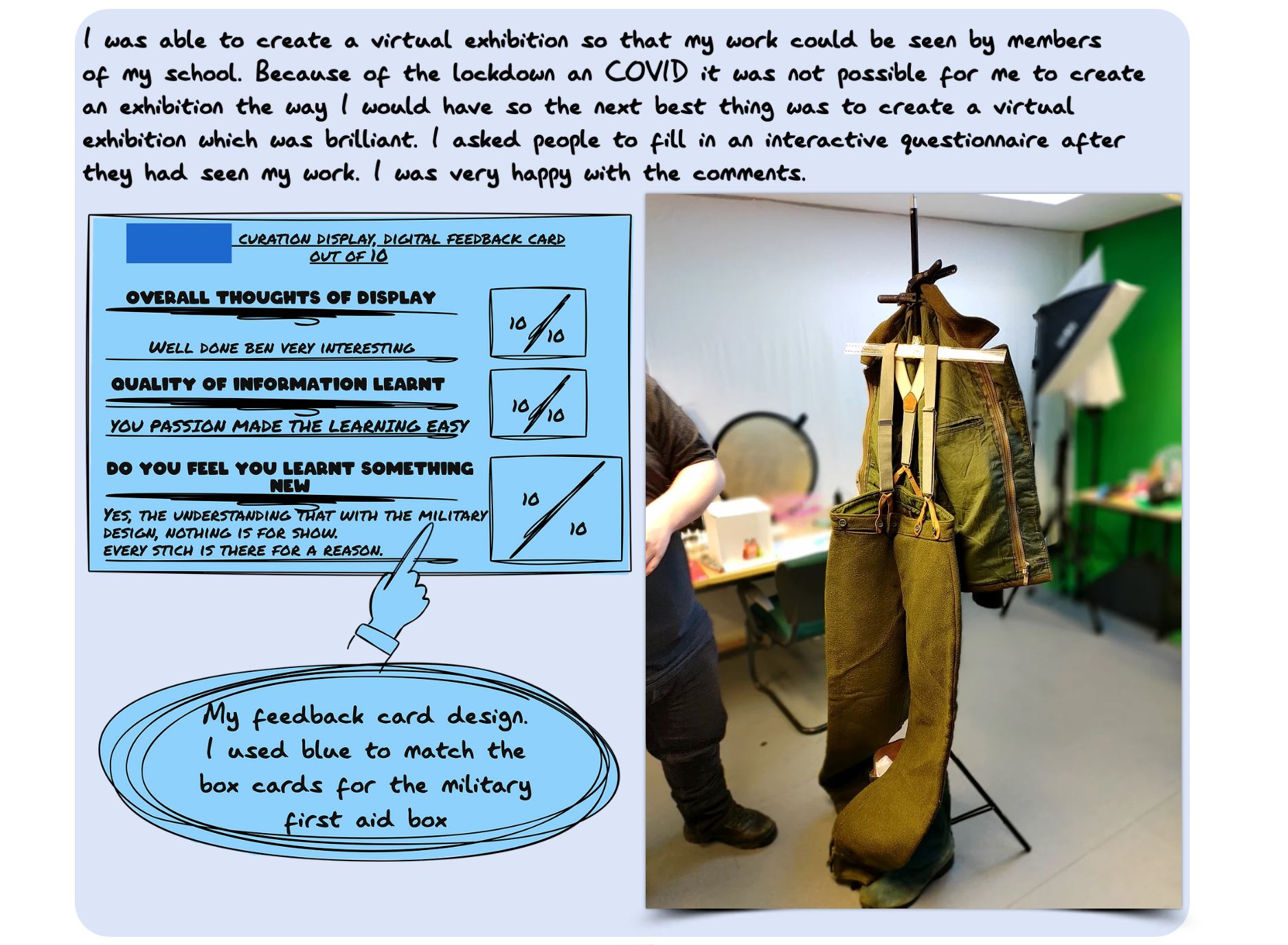
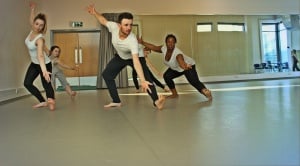
Comments & Replies